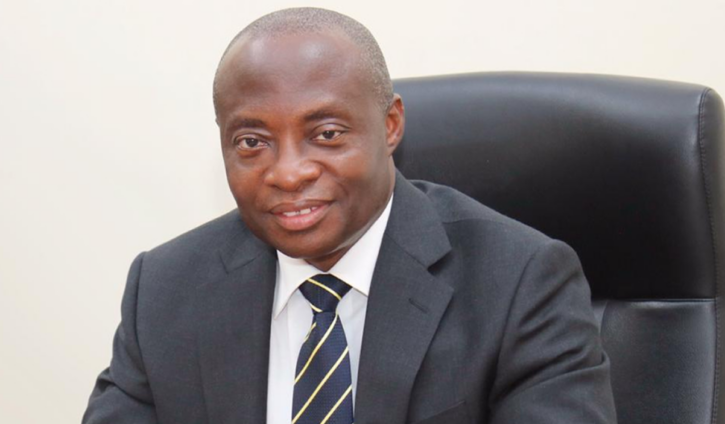
Audio By Carbonatix
Managing Director of ARB Apex Bank, Alex Kwasi Awuah is urging Ghanaians to undergo a total transformation in their lifestyles in response to the growing threat of non-communicable diseases (NCDs).
Research indicates that over 94,000 Ghanaians die annually from NCDs such as diabetes, hypertension, kidney failure, and cancer. Despite ongoing efforts, the country’s response to this crisis remains insufficient.
The rise in physical inactivity, particularly due to technological advancements that ease daily tasks, has exacerbated the situation. Office workers are especially vulnerable, spending an average of 9.7 hours a day with minimal opportunities for physical exercise, leading to higher rates of sedentary behavior.
Mr Awuah, speaking out against this troubling trend, emphasized the need for proactive measures to address the health crisis. “We must take action now to address the growing number of non-communicable diseases in our country. Changing our lifestyle is the first step towards reducing these preventable deaths,” he urged.
In support of this call, Francisca Dedei Afufu, Head of the Human Capital Department, encouraged employers and employees to prioritize incorporating healthier habits into their New Year’s resolutions.
She believes that fostering wellness as a key objective will not only improve individual health but also contribute to a more productive and engaged workforce.
Participants in the recent health event shared their reasons for joining the exercise, highlighting the importance of making health a priority in their lives.
“We need to lead by example and encourage a culture of wellness in our workplaces and communities,” Afufu concluded.
As the number of NCDs continues to rise, the need for collective action in transforming lifestyles is clearer than ever. A proactive approach could play a critical role in improving public health outcomes in Ghana.
Latest Stories
-
Ho Central Mosque under heavy security, worshippers forced to pray outdoors
8 minutes -
An open letter to H.E. John Dramani Mahama: The audacity of the third shift
43 minutes -
A new era of healthcare dawns in Kintampo: Mary Queen of Love Medical Hospital opens its doors
1 hour -
NDC gov’t has demonstrated strong fiscal discipline – Abdulai Alhassan
2 hours -
Heavily armed Burkinabè soldiers arrested in Ghana
2 hours -
Tamale Chief commends IGP Special Operations Team for crime reduction efforts
2 hours -
None of NPP’s 5 flagbearer aspirants is credible – Abdulai Alhassan
3 hours -
Police arrest suspect for unlawful possession and attempted sale of firearm
4 hours -
3 arrested in connection with Tema robberies
4 hours -
Your mouth on weed is nothing to smile about
4 hours -
25% university fees hike, what was the plan all along? — Kristy Sakyi queries
6 hours -
Some OMCs reduce fuel prices; petrol going for GH¢10.86, diesel GH¢11.96
6 hours -
Trump says health is ‘perfect’ amid ageing concerns
7 hours -
China’s BYD set to overtake Tesla as world’s top EV seller
7 hours -
Joy FM’s iconic 90’s Jam returns tonight: Bigger, better, and packed with nostalgia
7 hours

